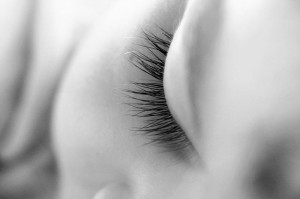TUESDAY, 17 JANUARY 2012
The precise reasons why we sleep, and the relationship between sleep and our emotional well-being, remain unclear. However, this research may plausibly explain why we dream, and why sufferers of post-traumatic stress disorder (PTSD) struggle to recover from terrible experiences and suffer from nightmares. Team leader Matthew Walker said that dreaming provides an “overnight therapy”, taking the painful edge off the previous day’s emotional experiences. In PTSD, this therapy may be absent, causing the sufferer to relive the whole vivid experience because the emotion has not been removed during sleep.The study required 35 young adults to view 150 emotional images twice, 12 hours apart, while having their brain activity monitored by an MRI scanner. Half the participants viewed the images in the morning and evening, staying awake in the interim period; the rest viewed the images in the evening and again the following morning, sleeping in between. The latter group displayed decreased emotional reactions to the images; MRI scans revealed reduced reactivity in the amygdala (a part of the brain that processes emotions), suggesting that the ‘rational’ prefrontal cortex was able to control the participant’s emotional response. The researchers also found that, during REM sleep, levels of stress hormones in the brain were lower, lessening emotional reactions to prior experiences.
While humans spend one third of their lives sleeping, its function remains unknown. However, this study gives some clues as to the emotional function of REM sleep, which makes up approximately 20% of our sleeping hours. Brain studies have already shown that sleep patterns are disrupted in sufferers of PTSD and depression; this latest research highlights the importance of the REM phase, and may point towards new treatment possibilities for sleeping disorders and mental illness.
Written by Mrinalini Dey

